What does talk about democracy have to do with music and the arts — to say nothing of “REDISCOVERING MODERN JAZZ 1940–1970″?
For a starter try Woody Herman’s version of Aaron Copland’s 1942 classic, “Fanfare For The Common Man … An Anthem For The American Century.”
For the main course, according to a recent report on the CBC News site, “Democracy is in retreat” everywhere. An “annual ranking of 209 nations and territories, prepared by the US-based democracy watchdog Freedom House, recorded an overall decline in global freedom for the 13th straight year.”
In the June 6, 2019 issue of The New York Review of Books, the British historian currently at Columbia University in New York, Adam Tooze, pondered a similar theme in “Democracy and Its Discontents” — a review of four recent books with such ominous titles as The People vs. Democracy, How Democracies Die, The Road to Unfreedom, and How Democracy Ends.
This spring has also revived the aggressively right-wing American concept urged by Donald Trump’s former Federal Reserve nominee Stephen Moore : “Capitalism is a lot more important than democracy.”

(And yet when the French aristocrat Alexis de Tocqueville visited and wrote about the early United States he admired — the side of the experiment that would soon fight a civil war to at least start to end African American slavery — he called his work Democracy in America [v1, 1835 ; v2, 1840]. “Capitalism” [or Das Kapital] was something the German intellectual Karl Marx would later criticize, researching and writing as a political refugee in London, England [v1, 1867, and then posthumously from Marx’s notes by Friedrich Engels, son of “an owner of large textile factories in Salford, England and … Barmen, Prussia,” v2, 1885 ; v3, 1894].)
No real-world democracy will ever be perfect
On one side of my own political consciousness, I suppose I naively wish for some vigorous pro-democracy push-back from at least one major side of American political culture.
I dislike Adam Tooze’s characterization of progressive debate in the USA today : “America’s revived left wing … does not doubt the disastrous consequences of the Trump presidency. Yet [for them]… he represents not a historic rupture but a continuity … Trump exposes starkly what the civility of Obama and his administration obscured—the subordination of American democracy to capitalism, patriarchy, and the iniquitous racial order descended from slavery.”
Of course, all this is true enough, on one level. It nonetheless ought to be possible to recognize the failings of Democracy in America, historical and contemporary, and at the same time still celebrate and revive the underlying democratic political energy that has recurrently made it possible for the USA to transcend these failings and move ahead.
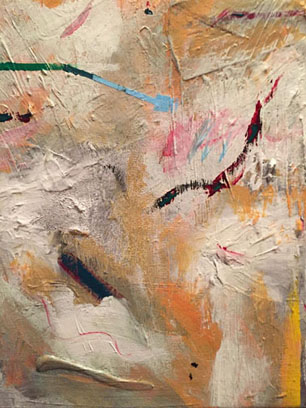
No real-world democracy will ever be perfect. Humanity itself is too imperfect. But every serious democracy is always working to make itself more democratic. What has made the United States of America stand out since its Declaration of Independence in 1776 is not the cultivation of some unique version of “capitalism” (or “free market” economics). It is the opportunity at least some sides of American culture (and geography) have recurrently offered increasing shares of the broad mass of the sovereign people — to enjoy a degree of freedom, prosperity, and political participation heretofore largely unknown, for most human beings in most of world history.
Easier to think like this in Canada right now?
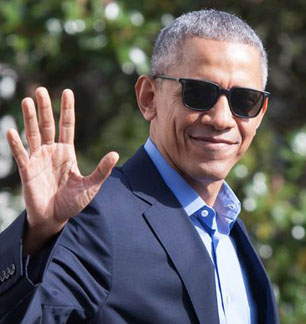
The Obama administration from this perspective was not a practitioner of a “civility” that obscured the all too many ways in which democracy in America today is in fact subordinate to “capitalism, patriarchy, and the iniquitous racial order descended from slavery.”
President Obama’s government was just the latest in a long string of practical Democracy in America incarnations that go back to 1776. It was starting to define the latest, new and improved expression of the diverse democratic vision for an increasingly high technological 21st century.
The Trump administration is speaking for the side of the USA today that still fears this new and diverse democratic vision, and wants to return to some mythical past where, as Mr. Moore suggests, “Capitalism is a lot more important than democracy.” Yet in the end, to pursue this reactionary vision is ultimately to abandon the historic American destiny and purpose.
Two further observations from Adam Tooze in the June 6 New York Review of Books may help summarize the argument here.
First, he is almost certainly onto something when he writes : “The scope for a truly internationalist or cosmopolitan politics in the United States is limited.” But this is not what the Obama administration promoted. President Obama was still talking about a Democracy in and of America — albeit one that includes Native Americans, women, and African Americans like he and his wife and children, that reaches out to a new Asian America like his Hawaiian birthplace, and that probably has somewhat more to do with the California which was once part of Mexico than with the legendary Anglo Protestant Middle West.
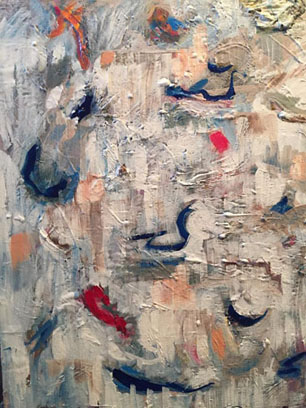
Second, Mr. Tooze suggests in his conclusion that “the most pressing question of the present” is : “Assuming current trends continue, will America accept its relative decline with equanimity?”
Yet America’s “relative decline” is only something bound to happen (as the gross domestic product of the much more populous China and perhaps ultimately India too grows and grows), if capitalism actually is “a lot more important than democracy.”
If democracy finally is the crucial American value, the sky for expansion is still vast and much unexplored. (Well … I am in fact a Canadian. And it may be easier to think like this in Canada right now than it is in the USA. I’m not sure at the moment. I’m waiting to see what happens in the Canadian federal election this coming October 21.)
Tags: Adam Tooze, Democracy and capitalism, Democracy in America, Democracy in retreat, Fanfare for the Common Man, Obama and Trump

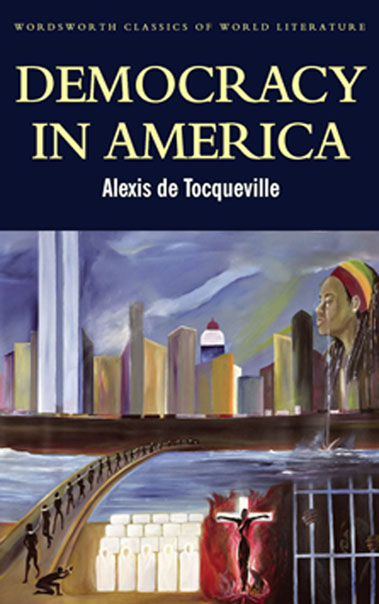
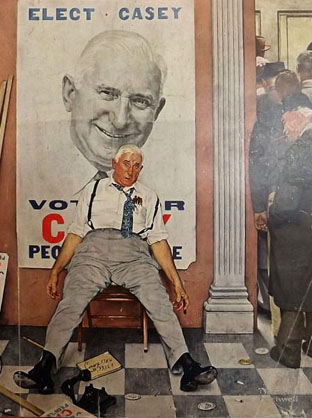
Recent Comments